Galia Melon
What is a galia melon
Released in the year 1973 and developed in Israel by Dr. Zvi Karchi at the ‘Ne’ve Yaar Research Center of the Agricultural Research Organization,’ the galia melon is a kind of F1 hybrid melon obtained by crossing a honeydew and cantaloupe melon. With its high nutrition content and total soluble solids, it stands as a healthy dietary choice.
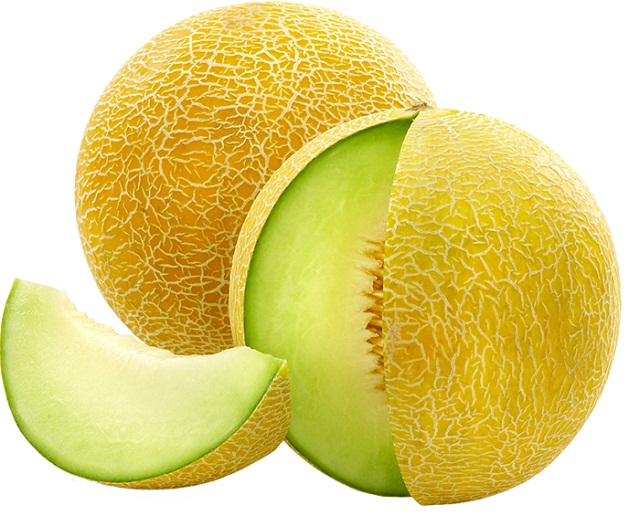
Galia Melon
Table Of Content
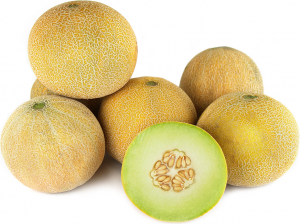
Galia Melon Fruits
Other names
- In French: Melon de Galia
- In Arabic: Galia Shamam
- In Latin: Galia Cucumis/Cucumis Melo
- In Spanish: Galia Melon
- In Tamil: Galia Mulāmpaḻam
- In Hindi: Galia Tarbooj
- In Telegu: Galia Puccakāya
Description
What does a galia melon look like
This hybrid resembles a cantaloupe melon on the inside, with a round or oblong exterior like that of a honeydew melon. It has a thick rind with rugged intersecting lines. When it reaches full maturity, its peel turns orangish-yellow while the flesh attains a subtle cream color with a hint of light green. They are about 6 inches in diameter and approximately 800-1000gm in weight.
In its central seed cavity, it has cream colored edible seeds that are flat and oval in shape.
What does a galia melon taste like
Its tender flesh has a creamy, succulent texture, aromatic flavor, and sweet taste.
Varieties of galia melon
- Arava Galia
- Galia Diplomat
Nutritional data
Nutritional data for 100grams of galia melon is as follows:
| Nutrients | Amount |
| Calories | 24 |
| Cholesterol | 0mg |
| Total Fat | 0gm |
|
0gm
|
| Total Carbs | 6gm |
| Sugars | 6gm |
| Protein | 1gm |
| Dietary Fiber | 0gm |
| Sodium | 0mg |
| Potassium | 150 mg |
| Calcium | 2% |
| Iron | 1% |
| Vitamin A | 34% |
| Vitamin C | 42% |
Galia Melon health benefits: What is it good for
Heart Health
The vasodilation caused by the potassium and beta-carotene present in it keep high blood pressure in check, thereby reducing chances of heart ailments such as strokes. Moreover, its dietary fibers also help to reduce bad cholesterol, decreasing the risk of atherosclerosis. Its Vitamin C, on the other hand, is beneficial in strengthening blood vessel walls, contributing to a sound heart health. Moreover, the anticoagulant properties exhibited by its adenosine content also deters the clotting of blood, that is responsible for heart attacks and strokes.
For diabetes
The presence of dietary fibers such as pectin controls the release of glucose into the bloodstream, thereby helping to curb unnaturally high or low blood sugar levels. As they have fewer carbohydrates and therefore, a lower glycemic load, they are a suitable fruit choice for people with diabetes.
As an immunity booster
Vitamin C plays a crucial role in boosting the immune system, while its bioflavonoids, carotenoids, and Vitamin A content act as antioxidants, curbing free radical damage in the body. This fruit is also a good source of citrulline, which the body converts into arginine, an amino acid that speeds up healing and enhances immune function.
Moreover, since its alkaline properties balance the pH levels of the body by nullifying harmful acids, it has a beneficial effect on bone density, inflammation, muscle mass, and chronic pain. Adding it as a part of your fruit salads on a daily basis would, therefore, contribute to maintaining an overall sound health.
Aids in digestion
Pectin also promotes good bowel movements besides keeping digestive issues like constipation at bay. Its high water and mineral content contribute to reducing other gastrointestinal problems by neutralizing the body’s acidic contents, which interferes with smooth digestion.
Cancer preventive properties
The antioxidants along with the Vitamin C also help to reduce the risk of cancer by inhibiting free radical damage. The various organic compounds such as carotenoids present in them have been linked to minimizing the risk of breast, oral, colon, and lung cancer, though this matter needs more research for validation.
For the eyes
The Vitamin A present in this fruit has an abundance of carotenoid, particularly beta-carotene, thus helping to maintain a good eye health by preventing macular degeneration and cataracts amidst other eye ailments.
Diuretic properties
Galia melon acts as a diuretic by flushing out sodium and toxins from the body, thereby helping to fight kidney diseases and eczema. The combination of lemon and galia melons also helps in curing gout.
For skin health
Vitamin A and C also aid in improving the skin texture. The presence of collagen in them accelerates healing of wounds by promoting tissue growth, making the skin firmer as well as improving its cell structure. Its high water content also keeps the skin hydrated and soft.
Helps in weight loss
Aside from its low calorie count, its high water content combined with dietary fibers gives one the sensation of being full, lessening the chances of overeating. Since it is also low in sodium, it discourages fluid retention and thereby aids in weight control.
For bodybuilding
The low fructose levels, high fiber, and mineral content of galia melon make it an excellent choice for those committed to bodybuilding. Having a wedge of the fruit for breakfast and before workouts can help to optimize its benefits.
Can galia melon be bad for you
There are no side effects to eating it as such. However, overconsumption of the same along with the seeds should be avoided to keep digestive issues at bay.
During pregnancy
Although the high nutrient and folic acid content in these melons are essential for both the mother and the fetus, it is best to consult your doctor before including it in your diet.
Interestingly, this fruit is one of the first preferences for parents trying out the baby-led weaning method.
What is galia melon used for
- Galia melon makes for an ideal ingredient in salads along with other fruits, cold meats or soft cheeses
- It can also be made into jam or marmalade
- Because of its sweet taste, it makes for a fresh topping in a variety of desserts.
- It is an excellent choice for juices, cocktails, sorbet, and smoothies due to its sugary taste, and high water content
How to prepare galia melon
How to cut
- First, wash the whole melon with warm soapy water to clean and disinfect it
- Hold firmly and cut it in half
- Scoop the seeds out with a large spoon
- Take one-half, place it rind side up and start slicing it into thin wedges
- Hold a wedge in your hand, slide the knife between the rind and the flesh of the melon to remove the rind
- For small cubes, dice the wedges further into inch long pieces
- Take the other half and repeat
How to eat
Besides eating it raw, it can be pureed along with other fruits and ice for a refreshing chilled beverage.
Galia melon recipes
- Galia Melon and Prawns
- Galia Melon and Parma Ham
- Galia Melon and Prosciutto
- Melon Crush Parfait
- Lime Mint Melon Salad
- Amaretto Glazed Melon
- Galia Melon and Cheese
- Galia Melon in Port with Mint
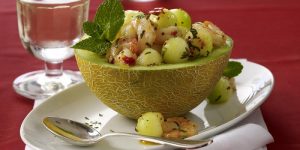
Galia Melon Recipes
How to store
Whole unripe melons may be stored at room temperature, while the ripe ones may be refrigerated in a plastic bag for six days.
If the fruit has been cut open, the remaining slices should immediately be put in a fresh wrap or a ziplock bag and refrigerated to preserve the freshness and taste.
Since these melons are susceptible to rapid softening because of their short shelf life of about three weeks after being picked, scientists are currently working at manipulating the parent lines to extend its shelf life.
Where to buy
They are more expensive than other melons, available online or in big supermarkets.
How to pick fresh galia melons
A ripe melon is firm on the outside and soft on the inside, with a stronger aroma. It will be more yellowish than green with a fruity, musky fragrance.
Substitutes
Cantaloupe or honeydew melons serve as the best alternatives.
Interesting Facts
- Galia melon is named after Dr. Zvi Karchi’s daughter Galia, meaning ‘God’s wave’ in Hebrew
- The nutritious melon is also featured in FODMAP’s list of healthy foods to eat
- In Southeast Asia, it is known as ‘Sarda’. Its other names include Middle Eastern melon, Mediterranean melon, Passport melon, Honeymoon melon, or Israeli melon.
References:
- https://www.webmd.com/diet/health-benefits-galia-melon#1
- https://www.gardeningknowhow.com/edible/fruits/galia-melons/how-to-grow-galia-melons.htm
- http://www.fruitsinfo.com/galia-melon.php
- https://specialtyproduce.com/produce/Galia_Melon_916.php
- http://www.specialtyproduce.com/produce/Galia_Melon_916.php
- by Ujjaini Ganguly
- May 12th 2017

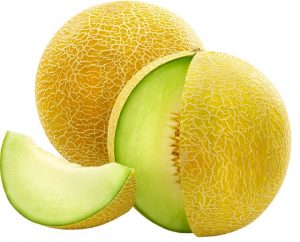
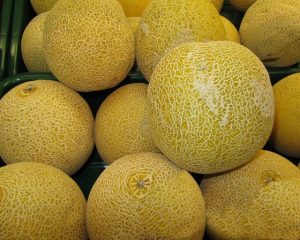
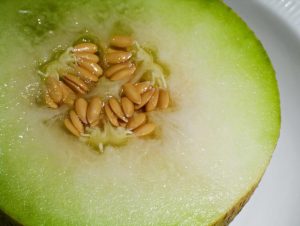
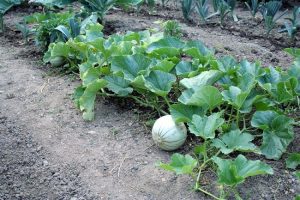
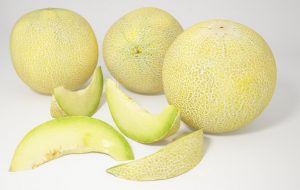
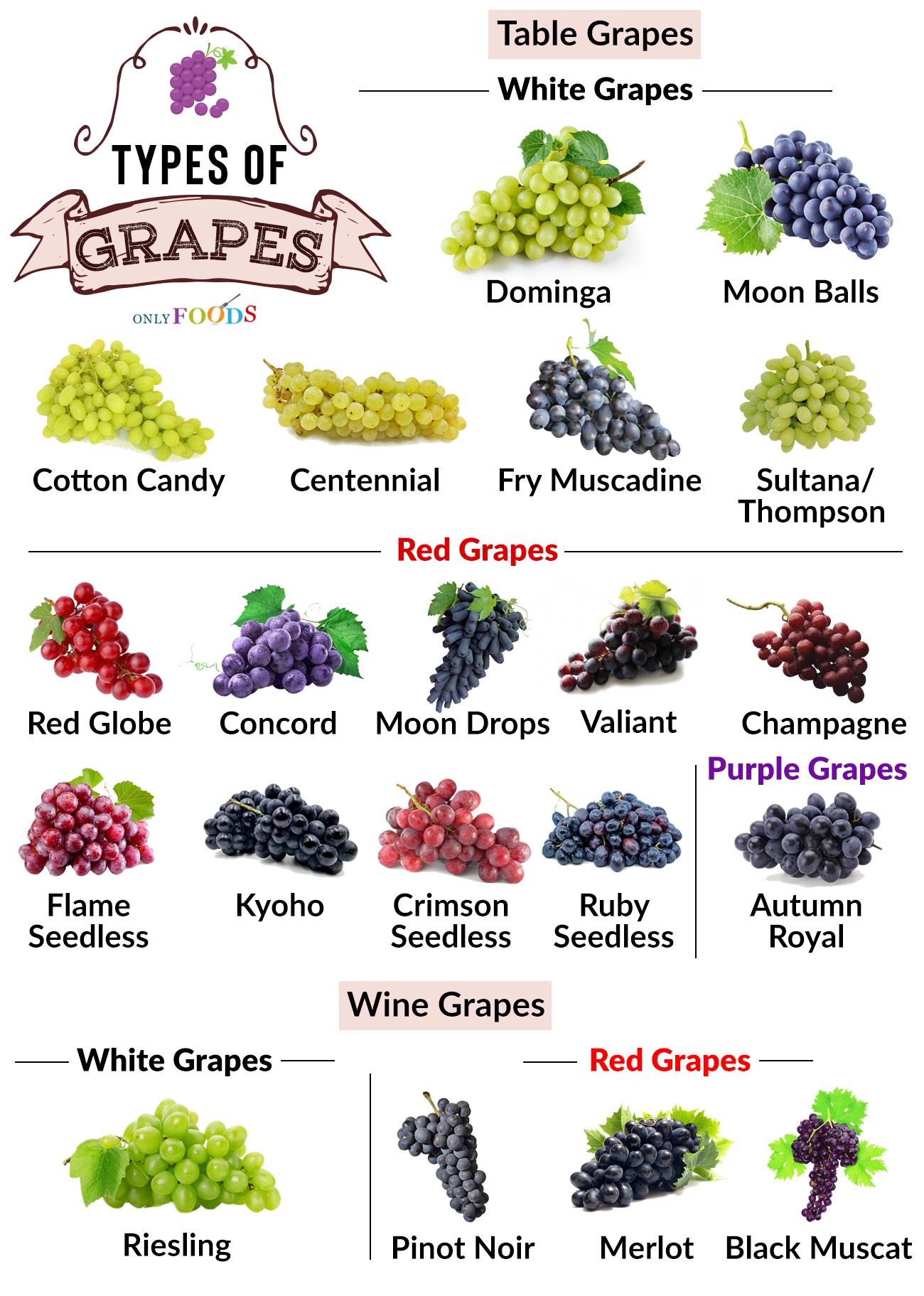
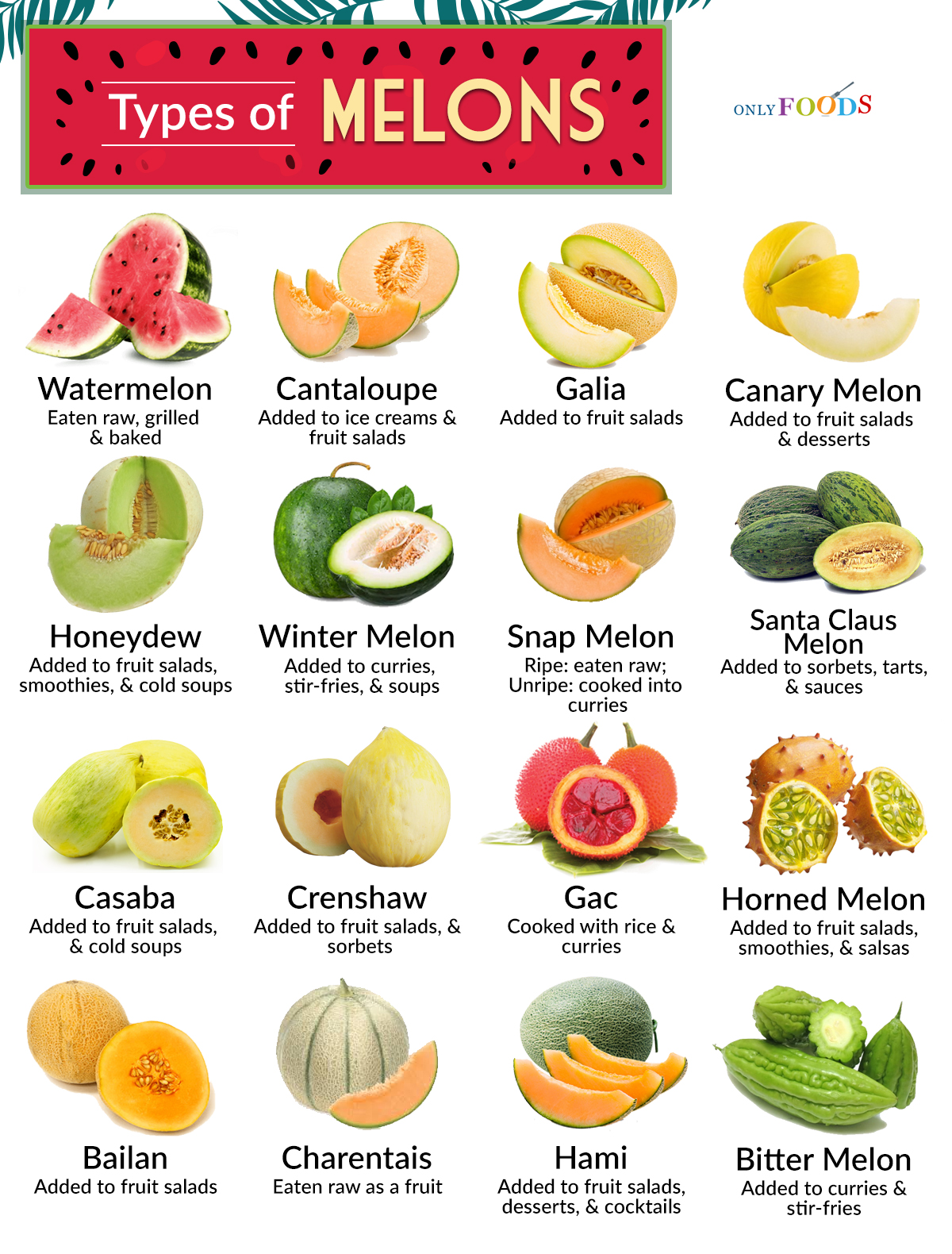
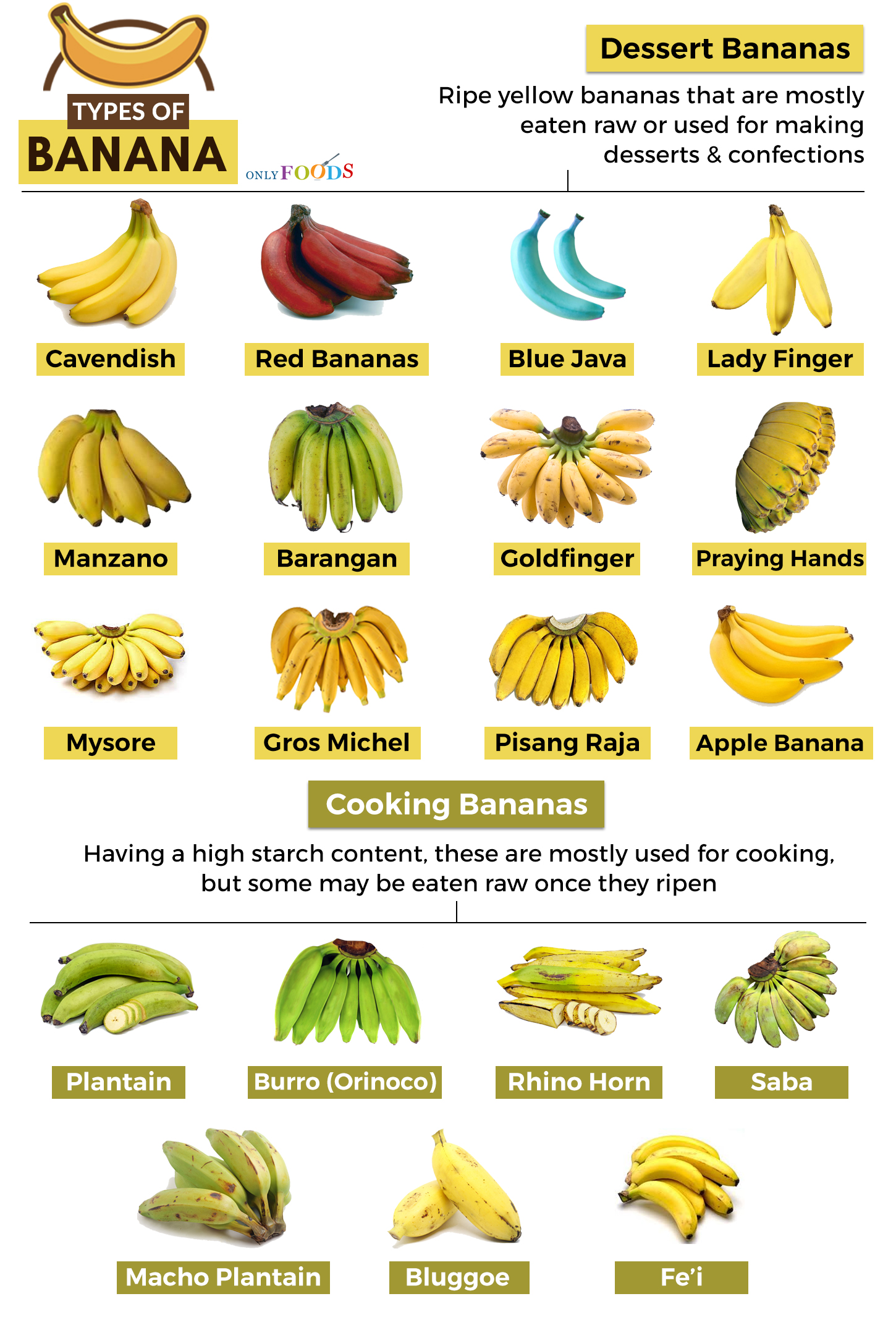
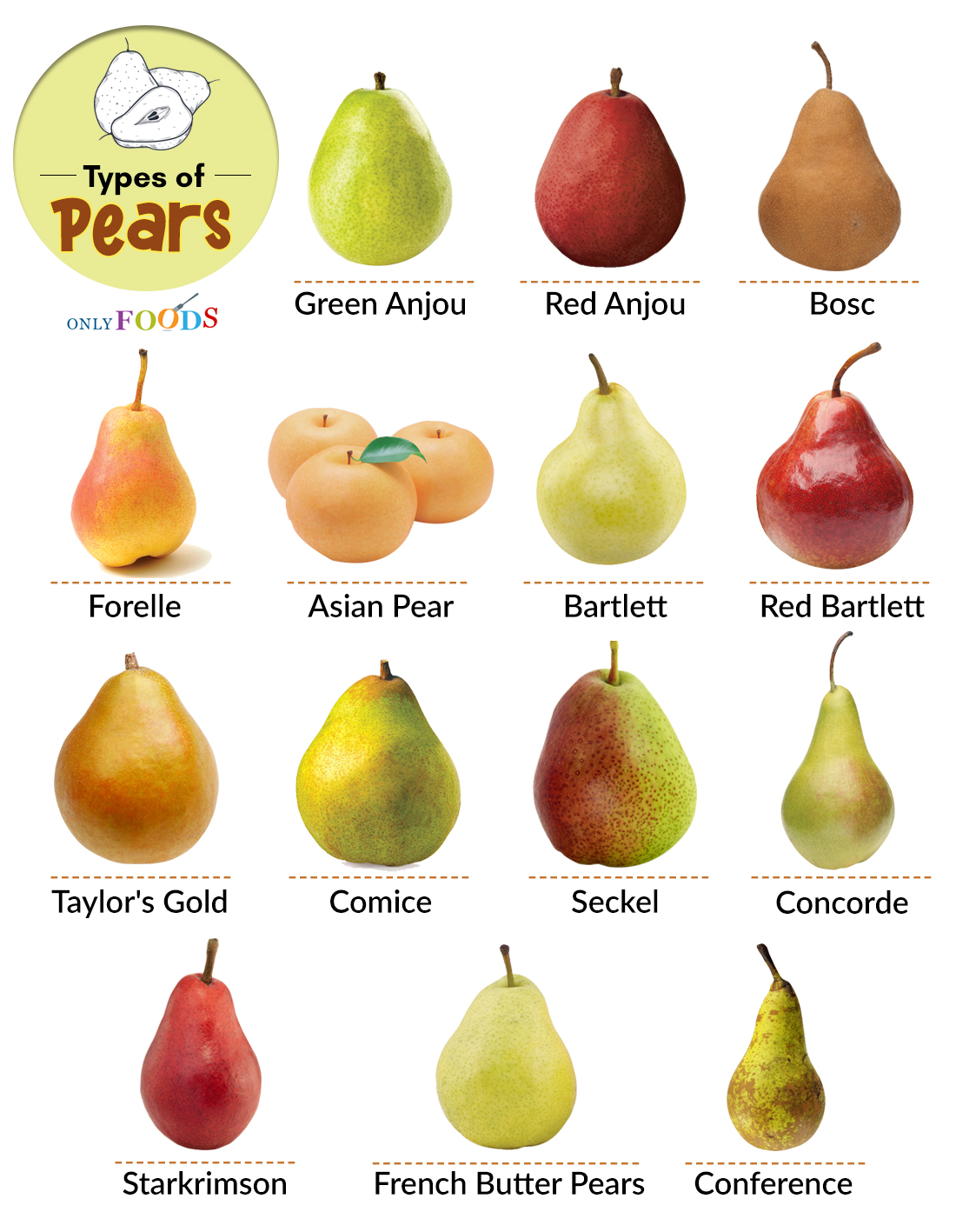


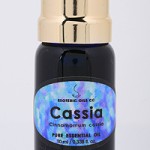
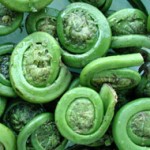

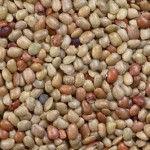
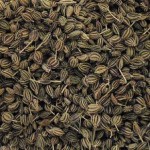

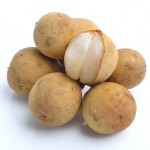

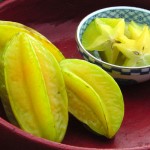
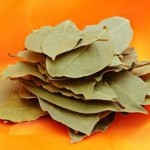

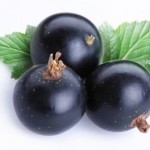
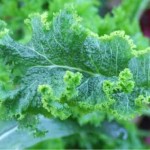
Leave a Reply